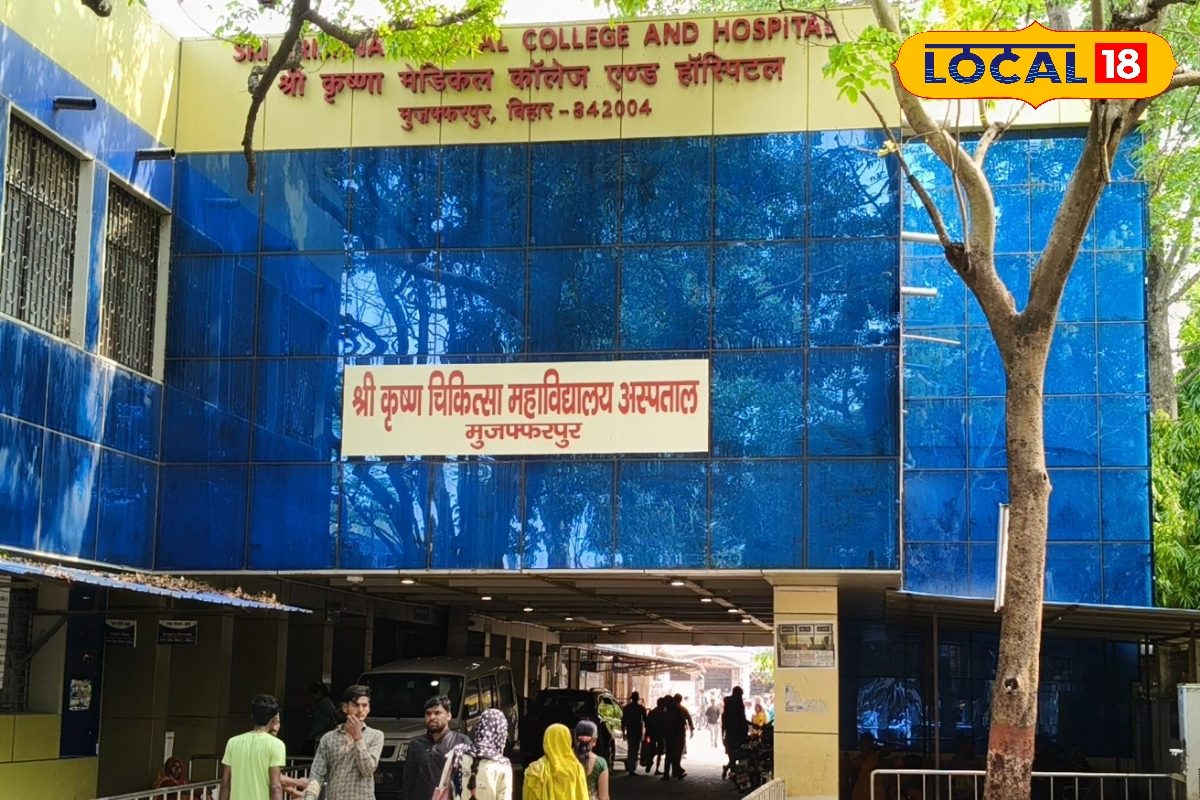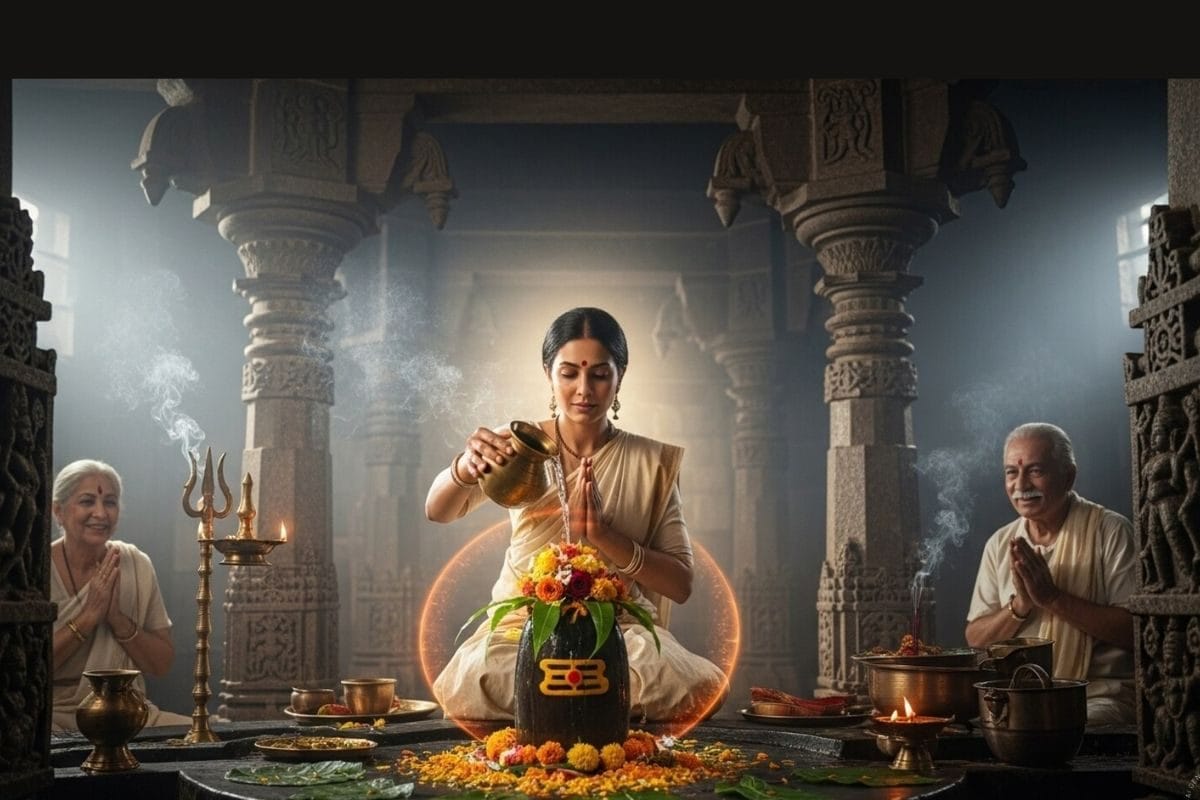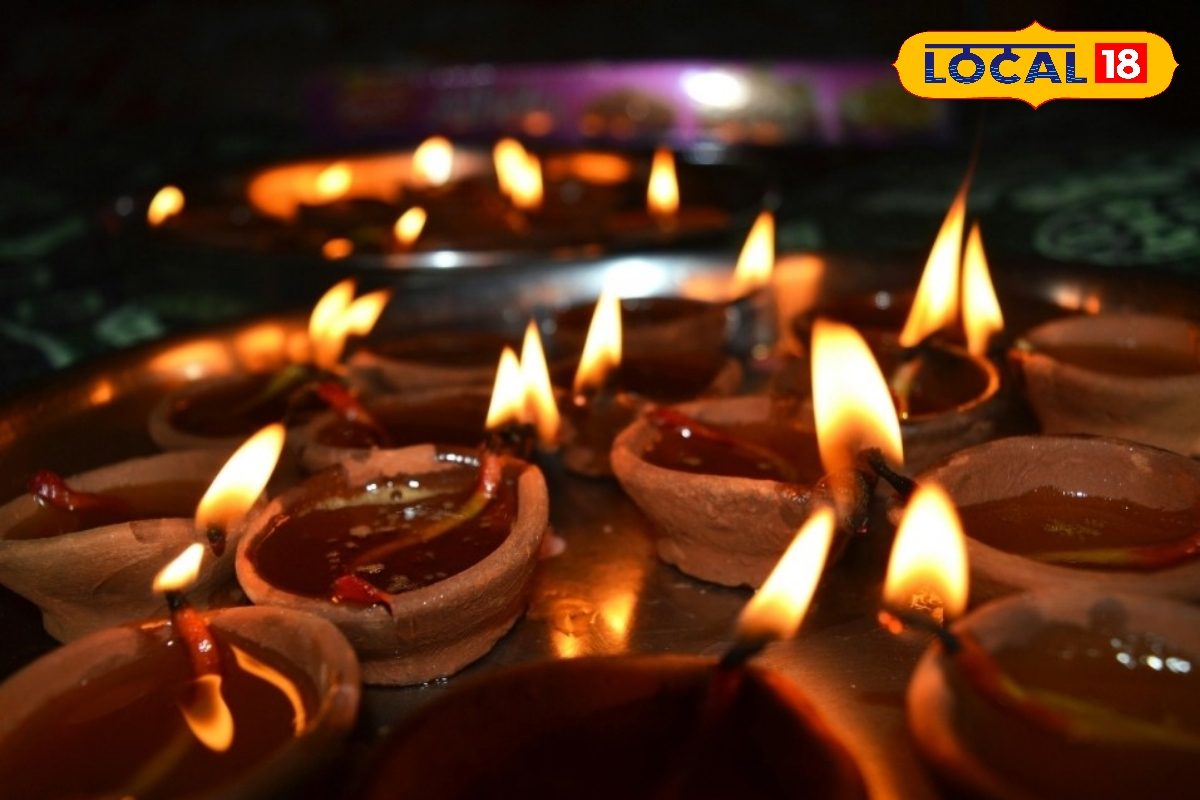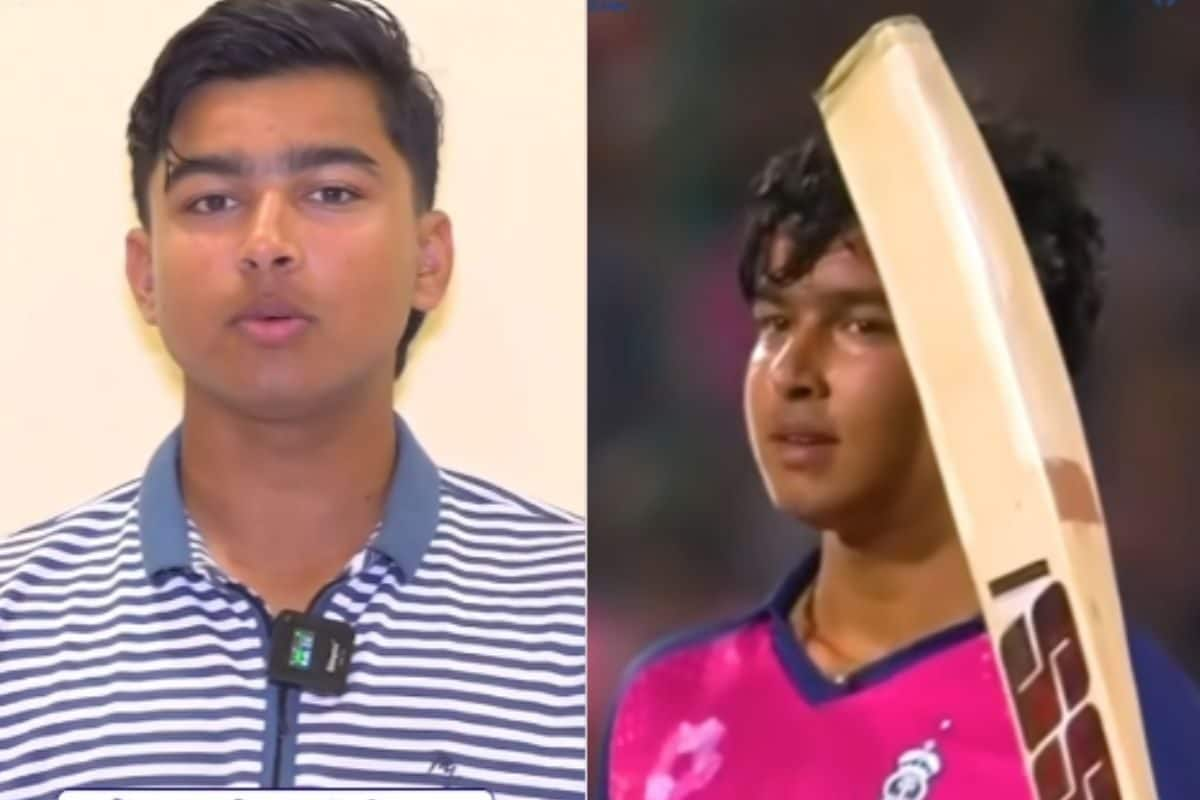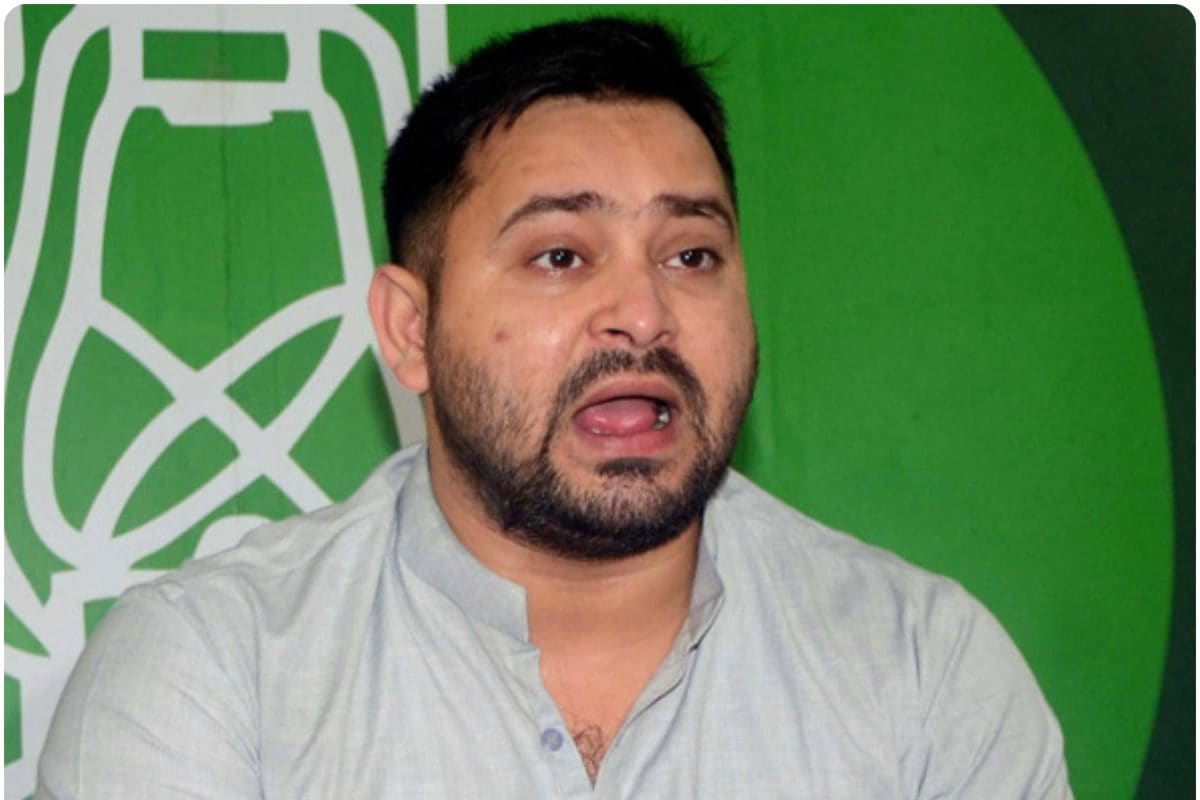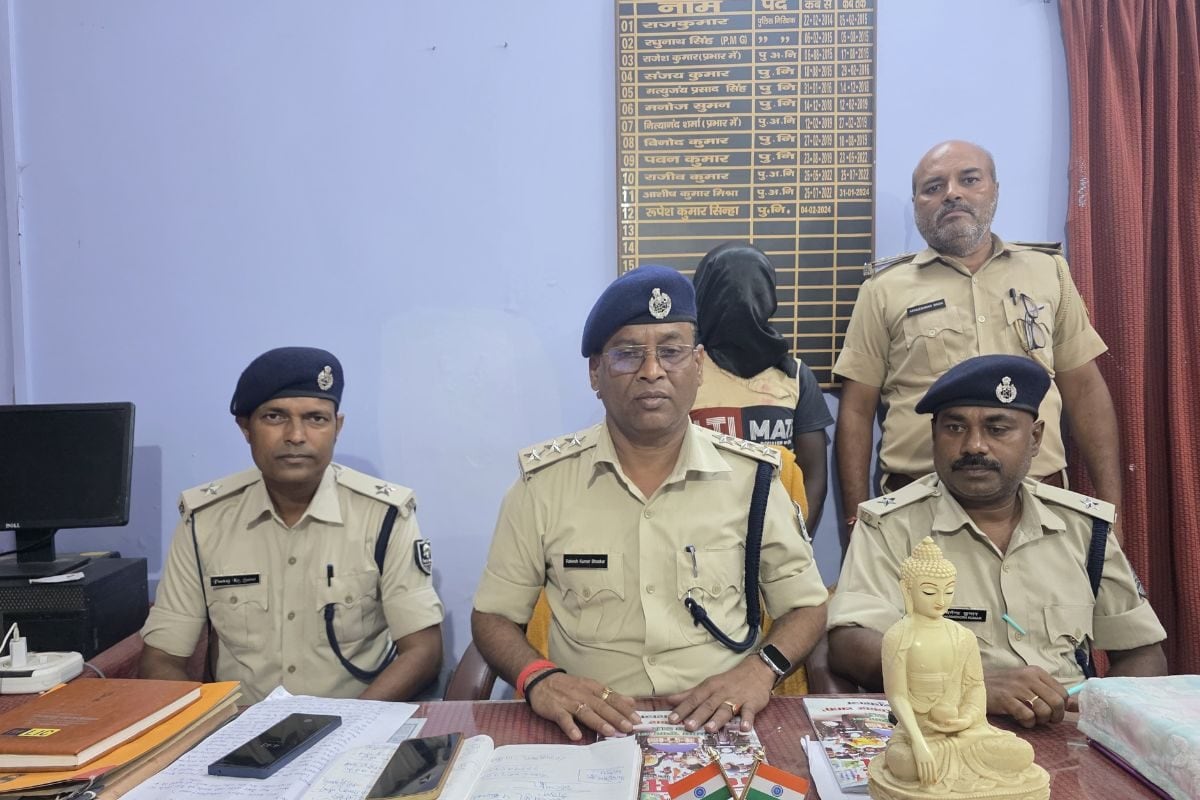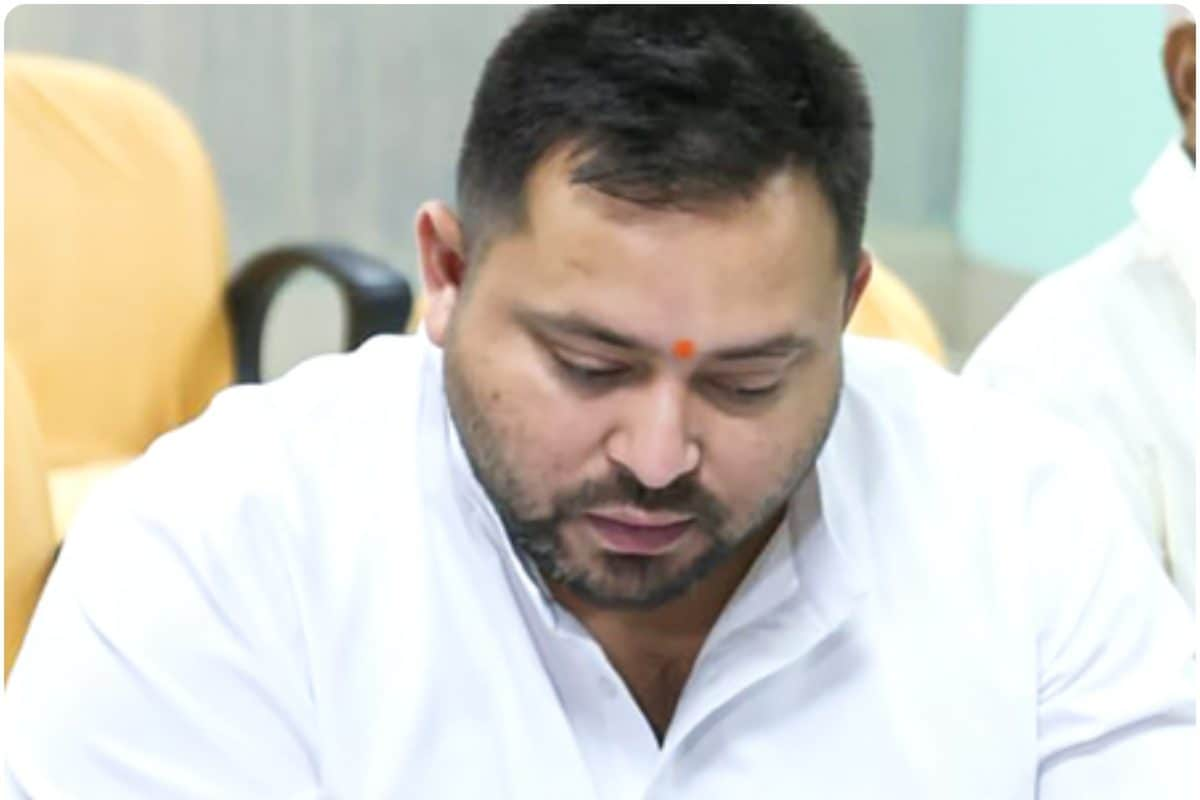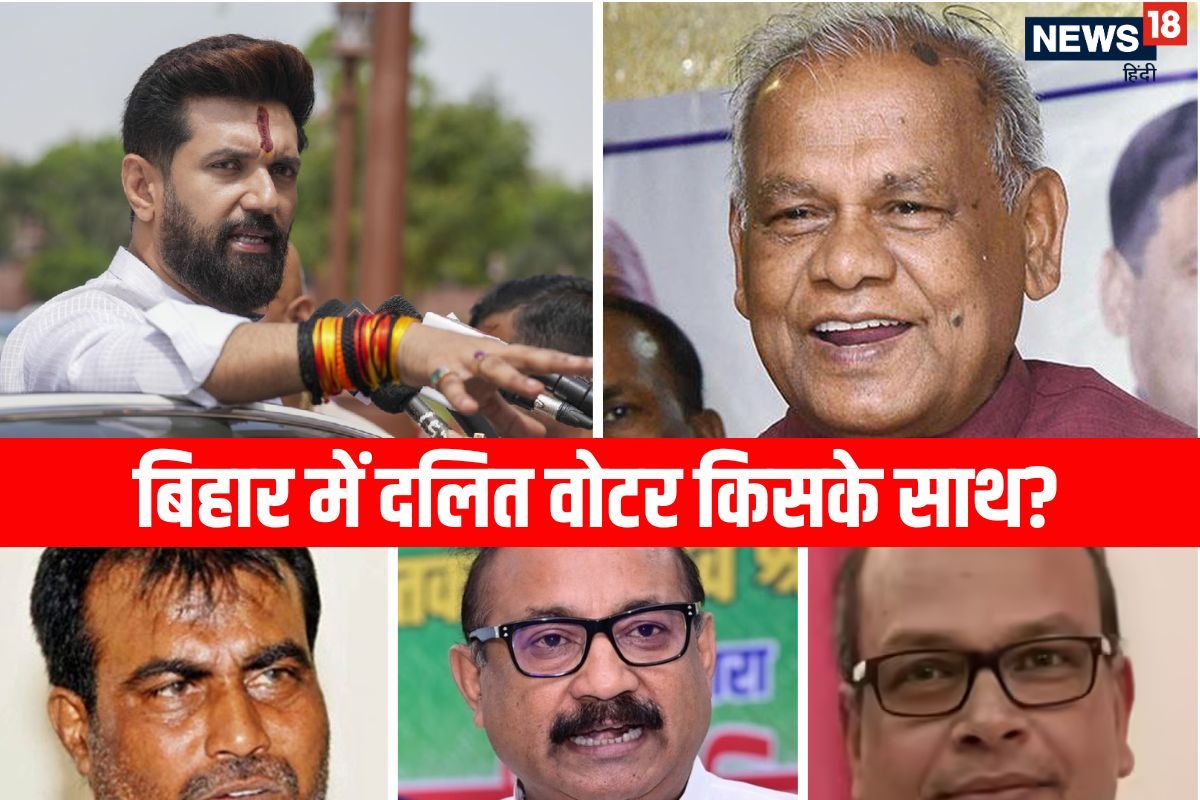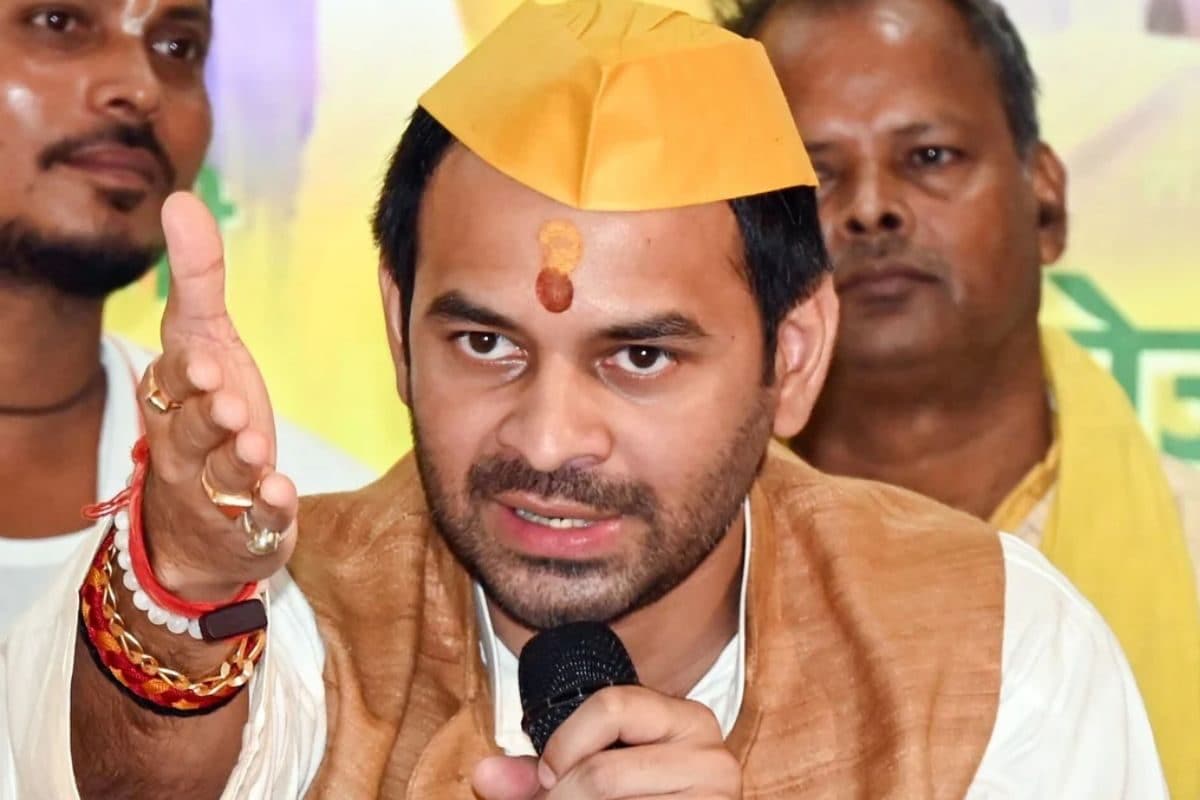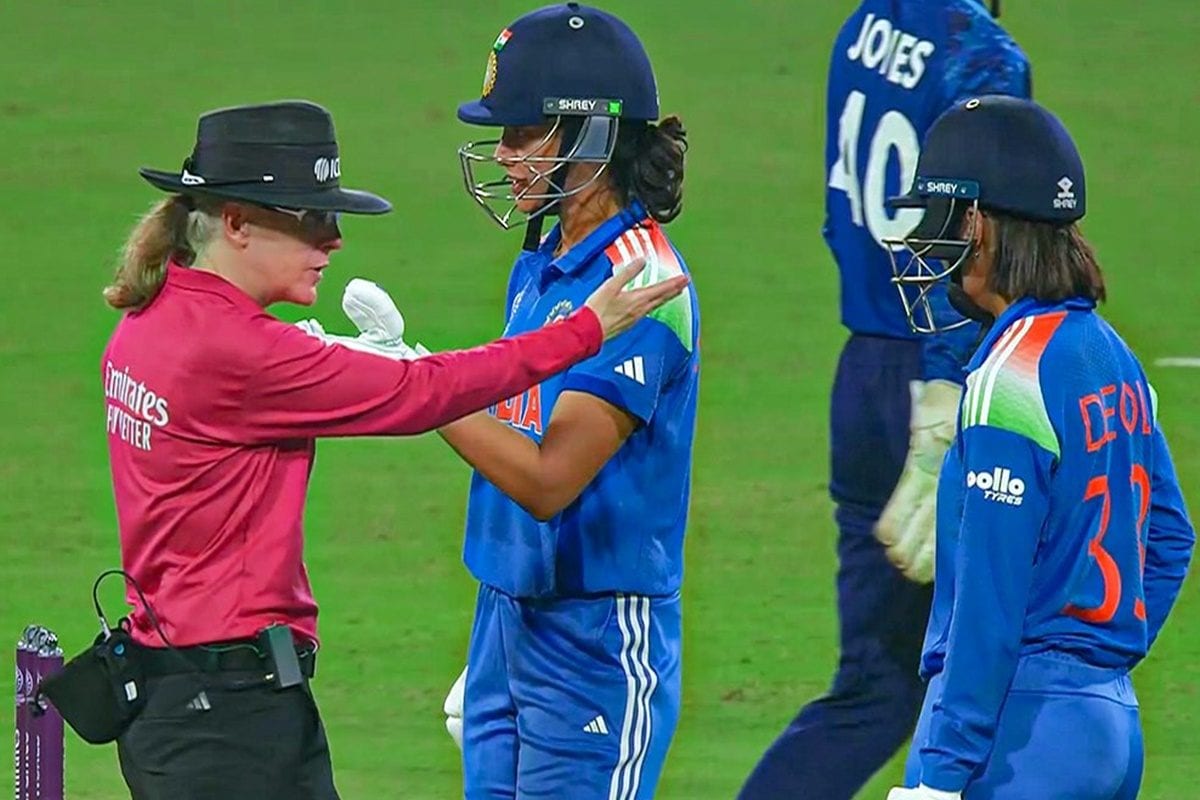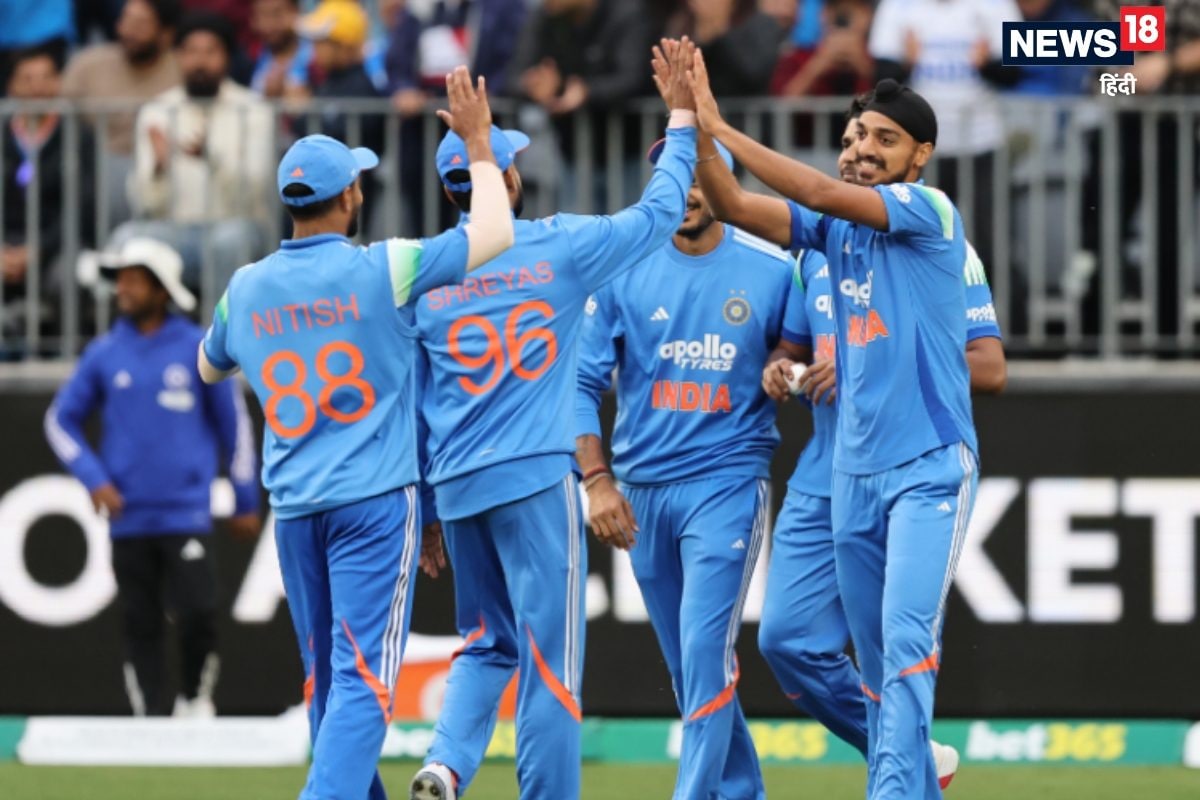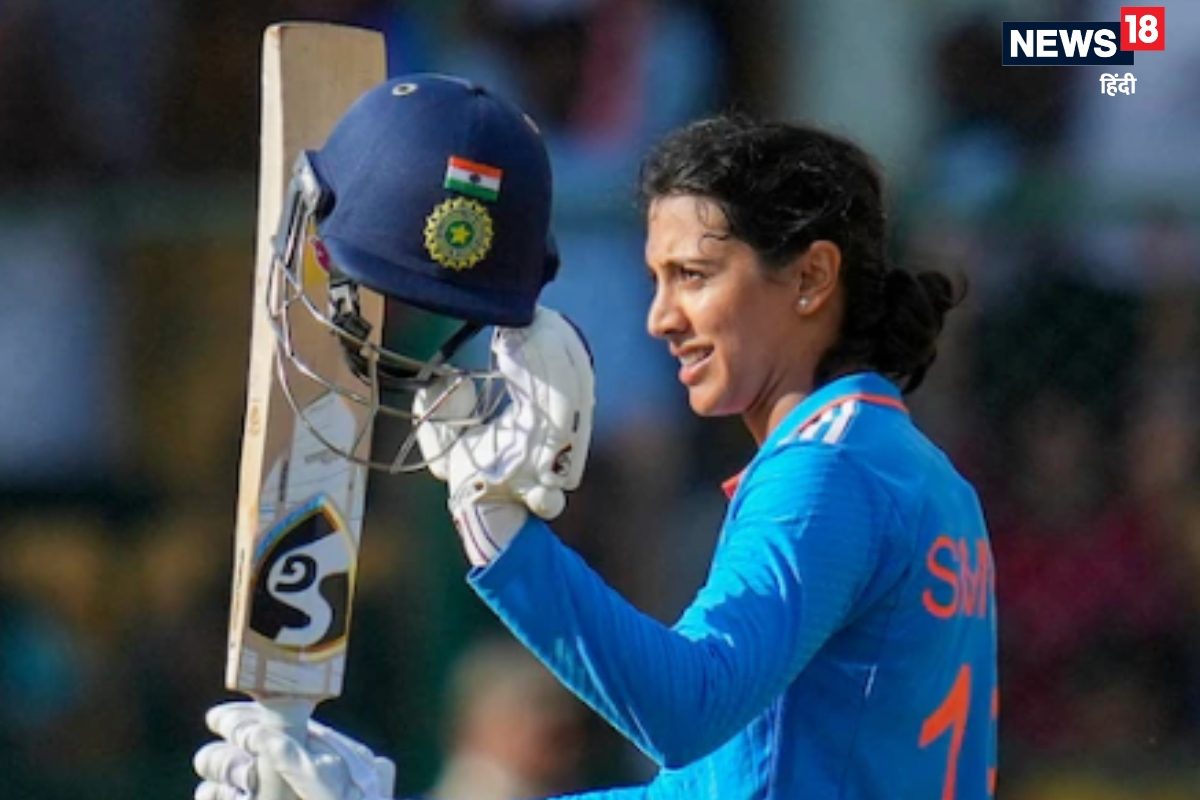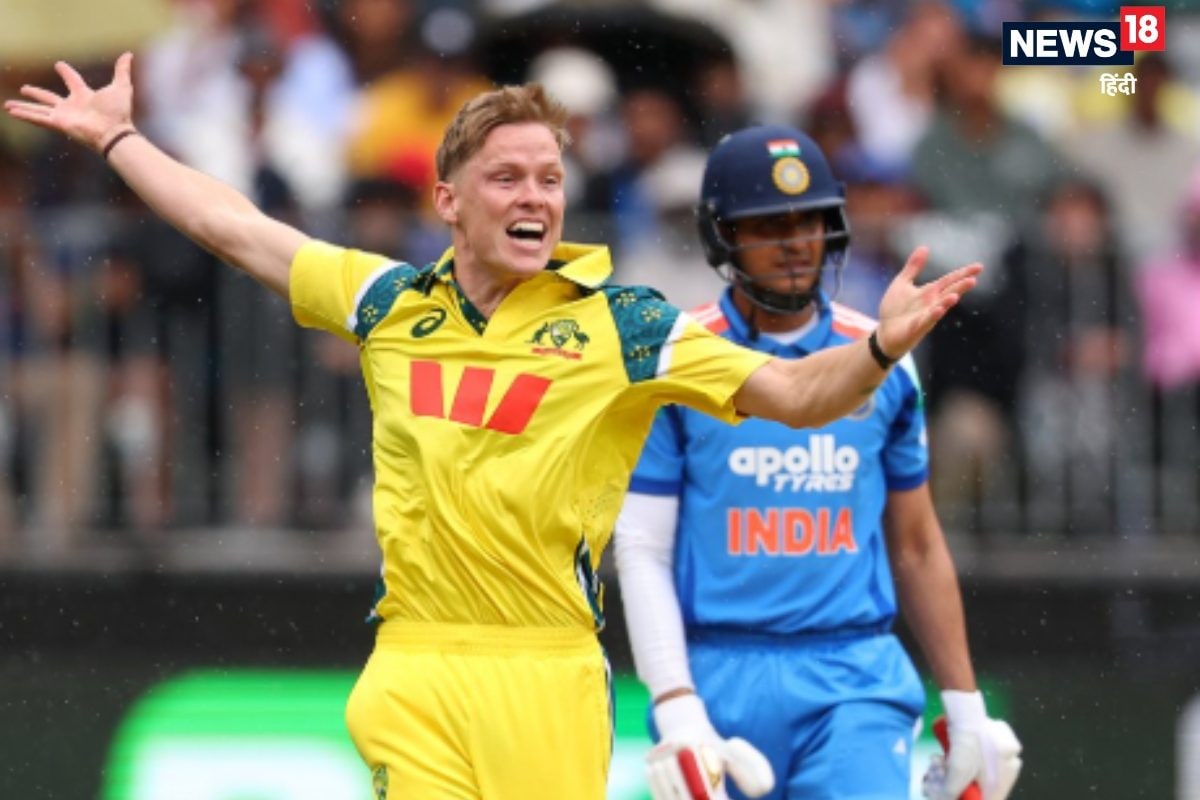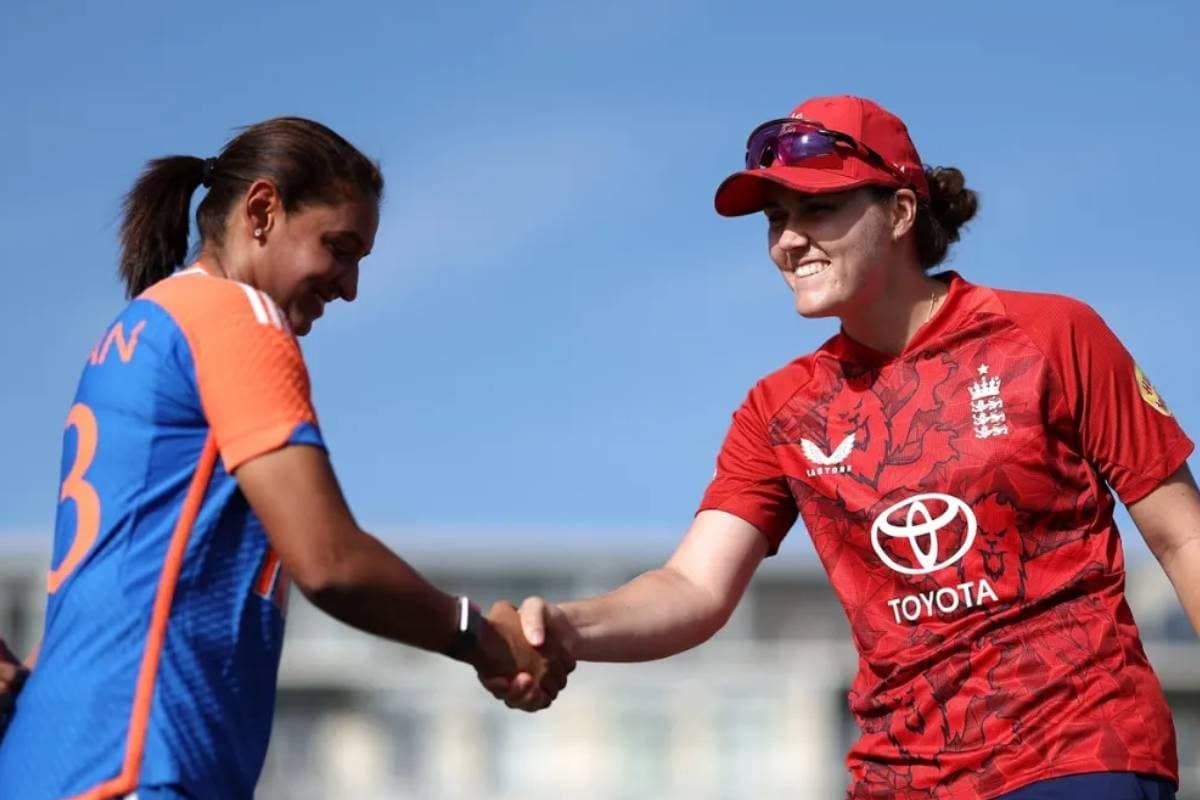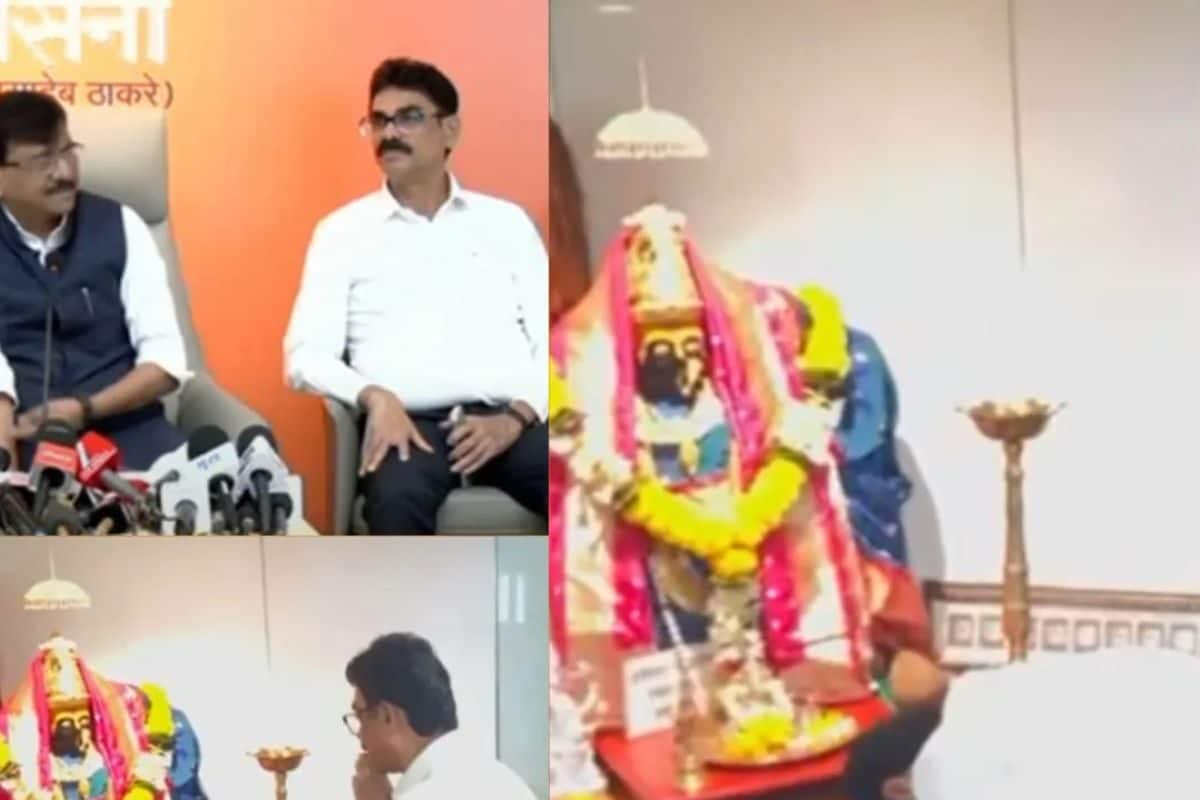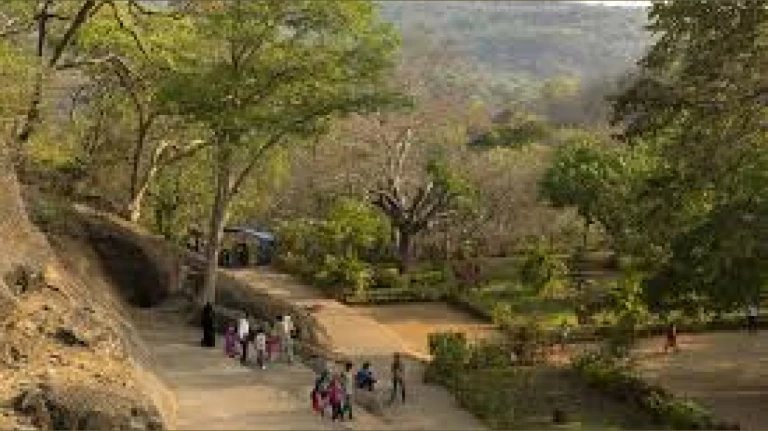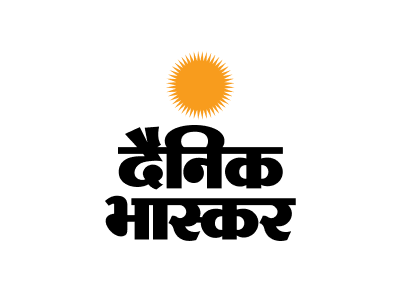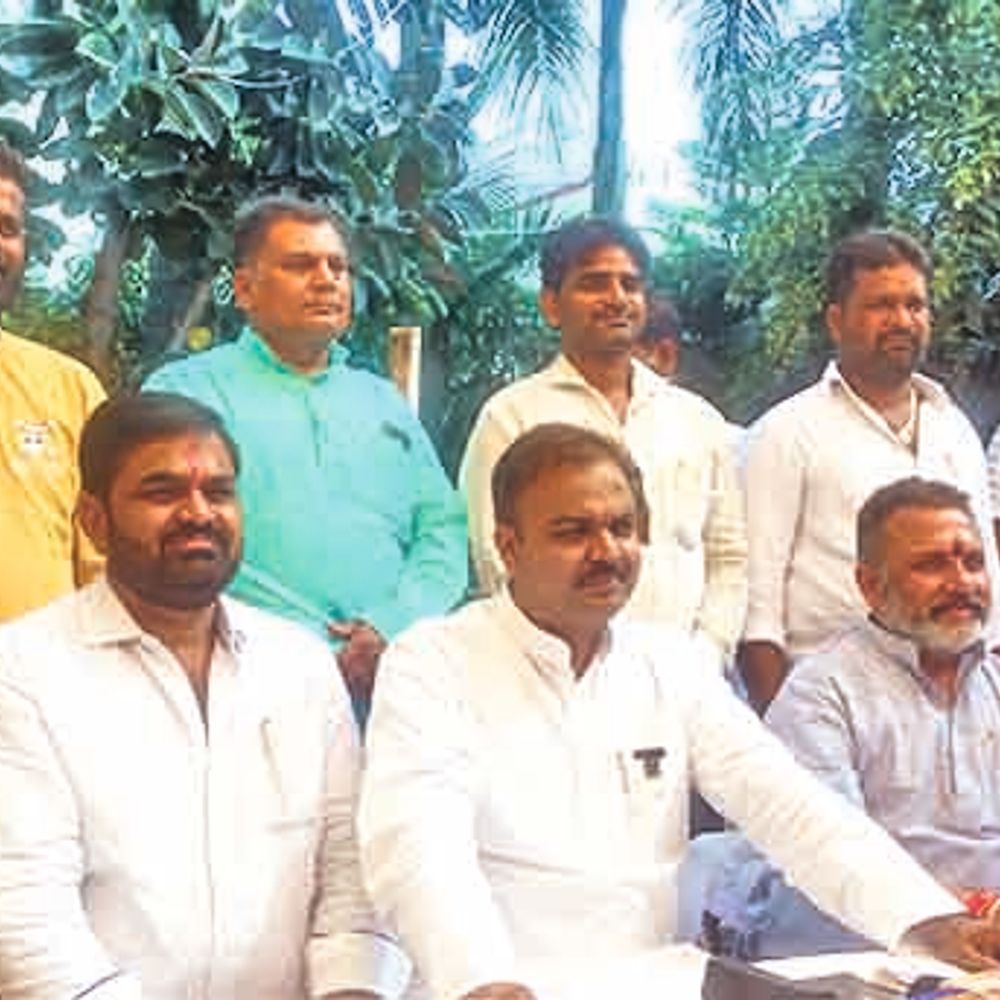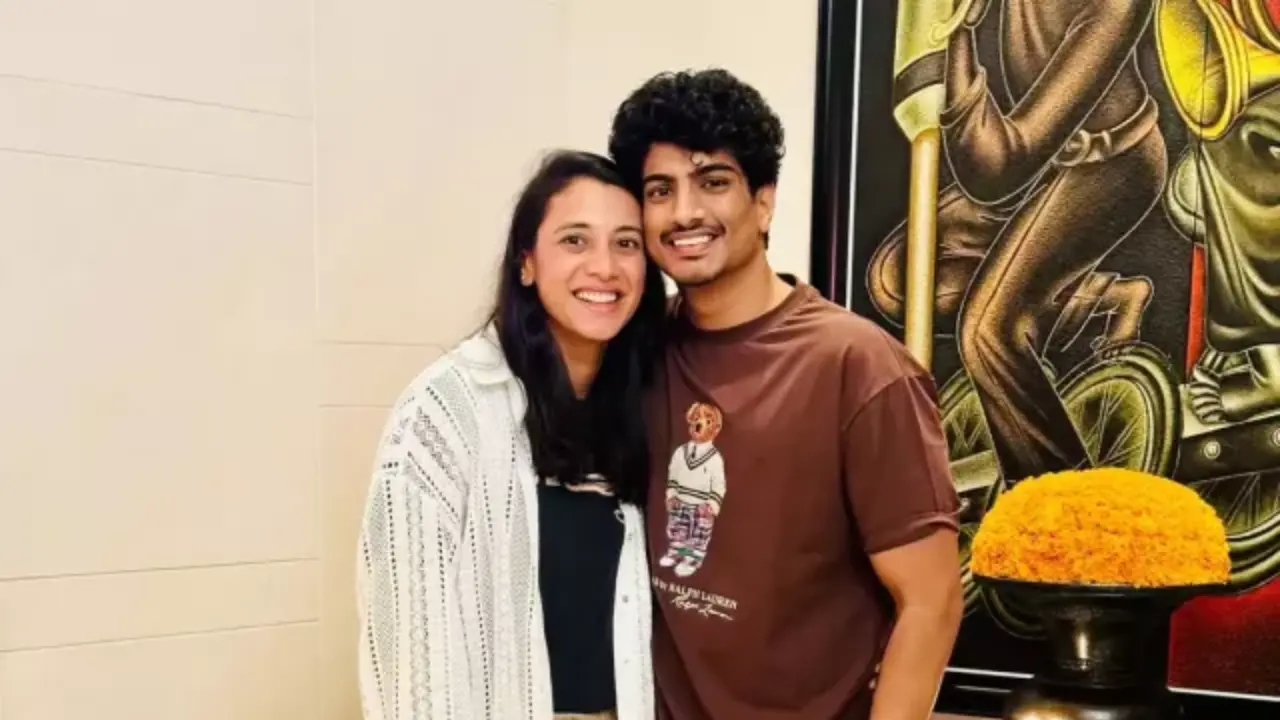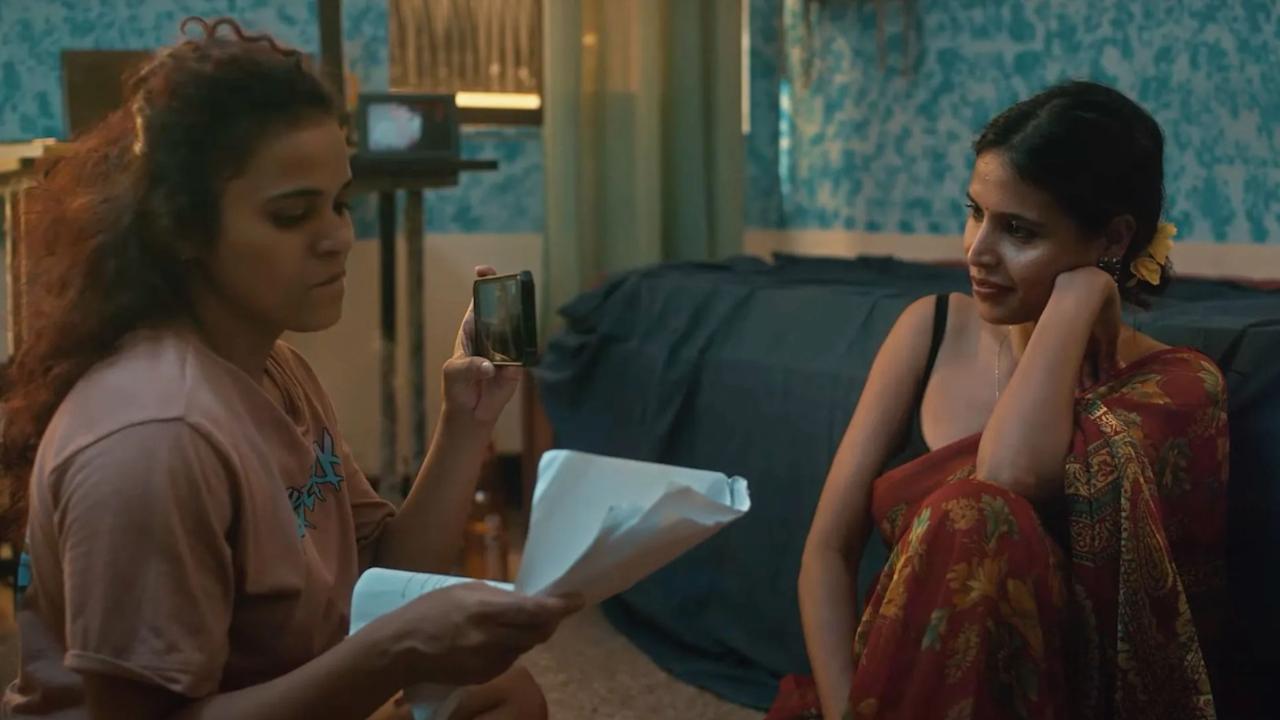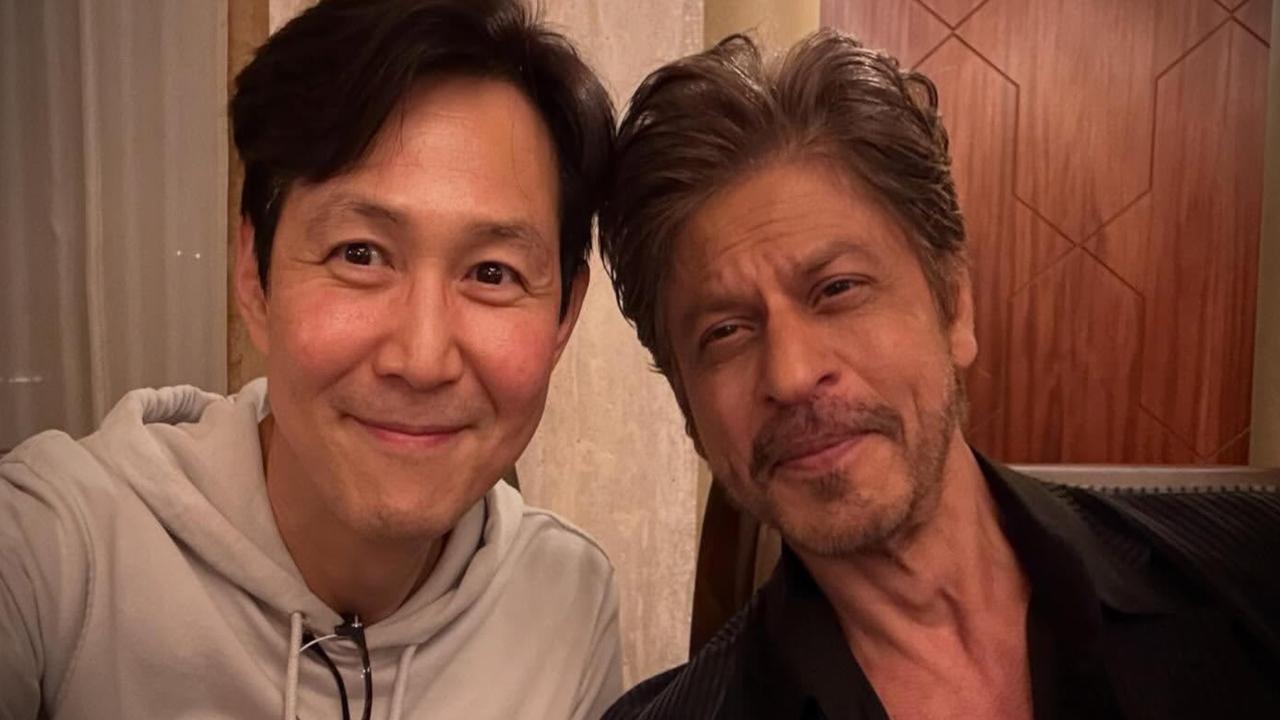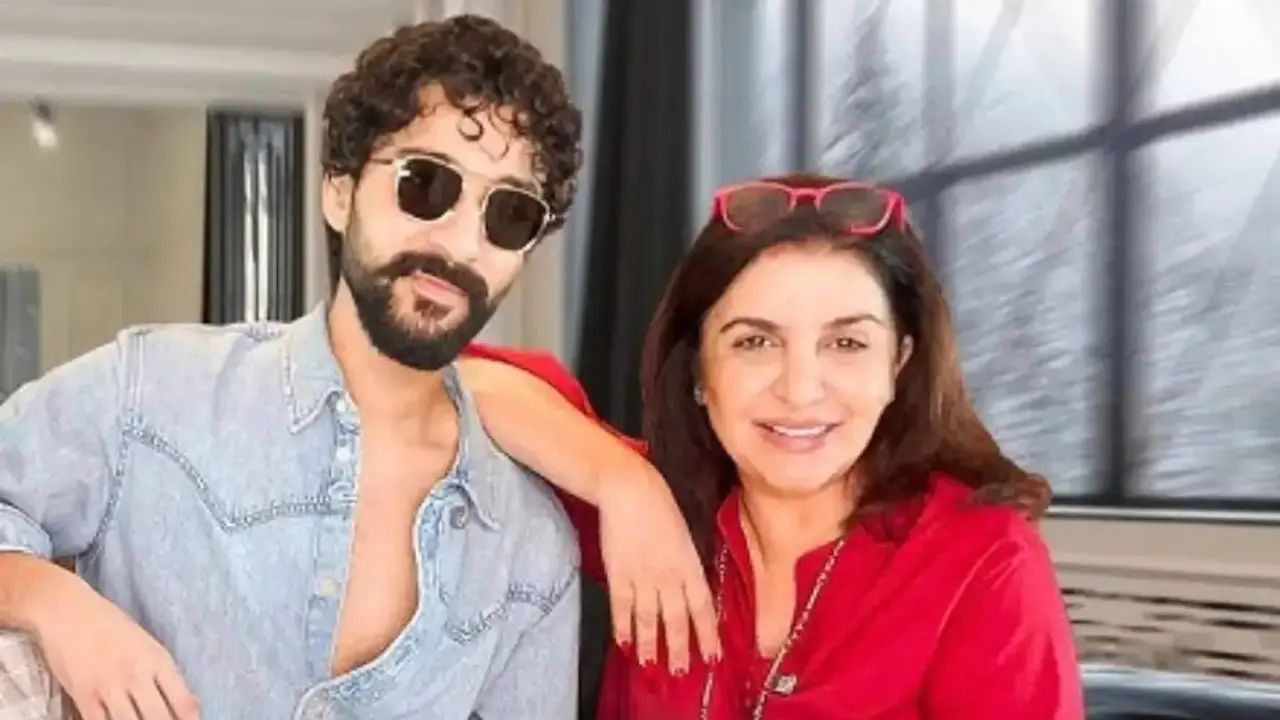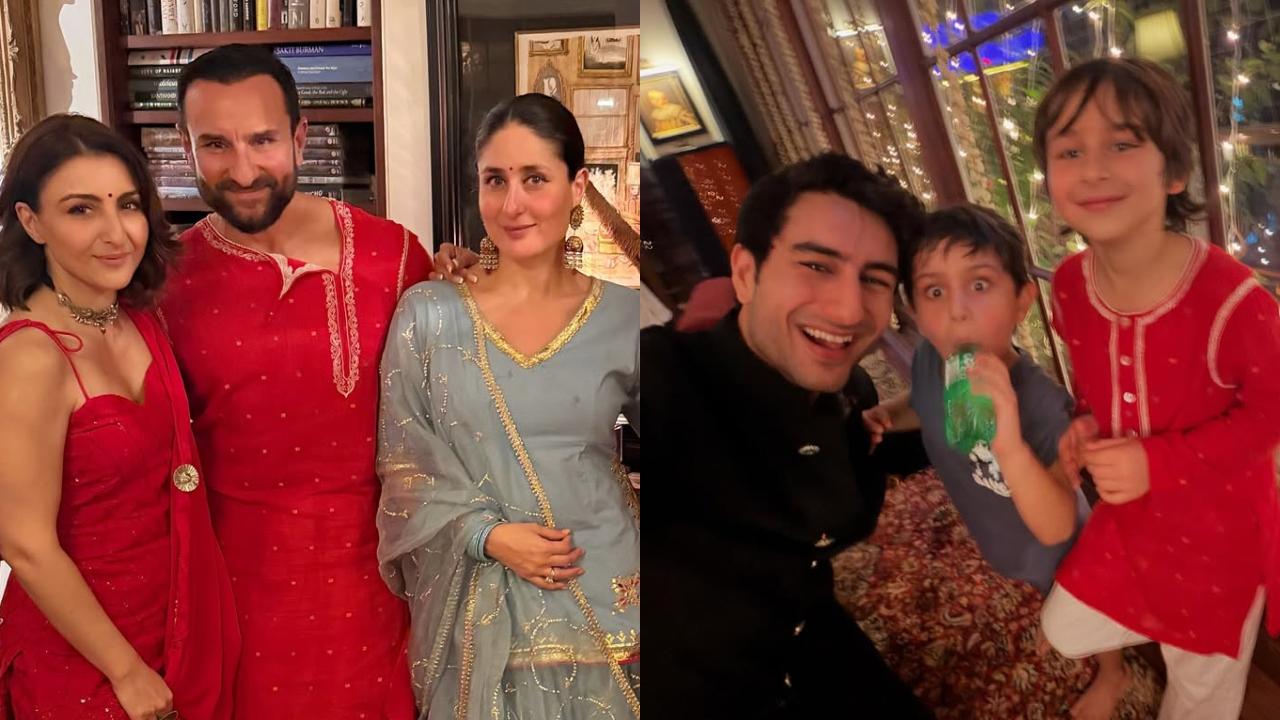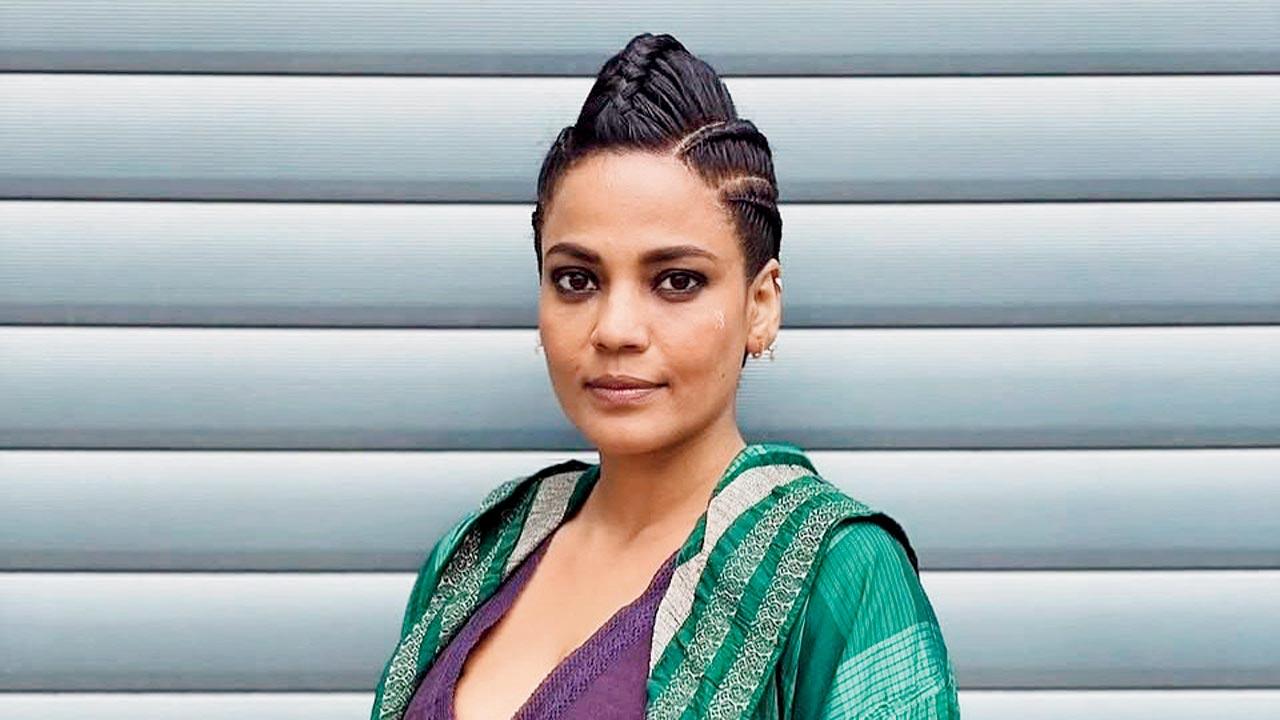Dhadak 2 director Shazia Iqbal: Rohith Vemula has influenced our film
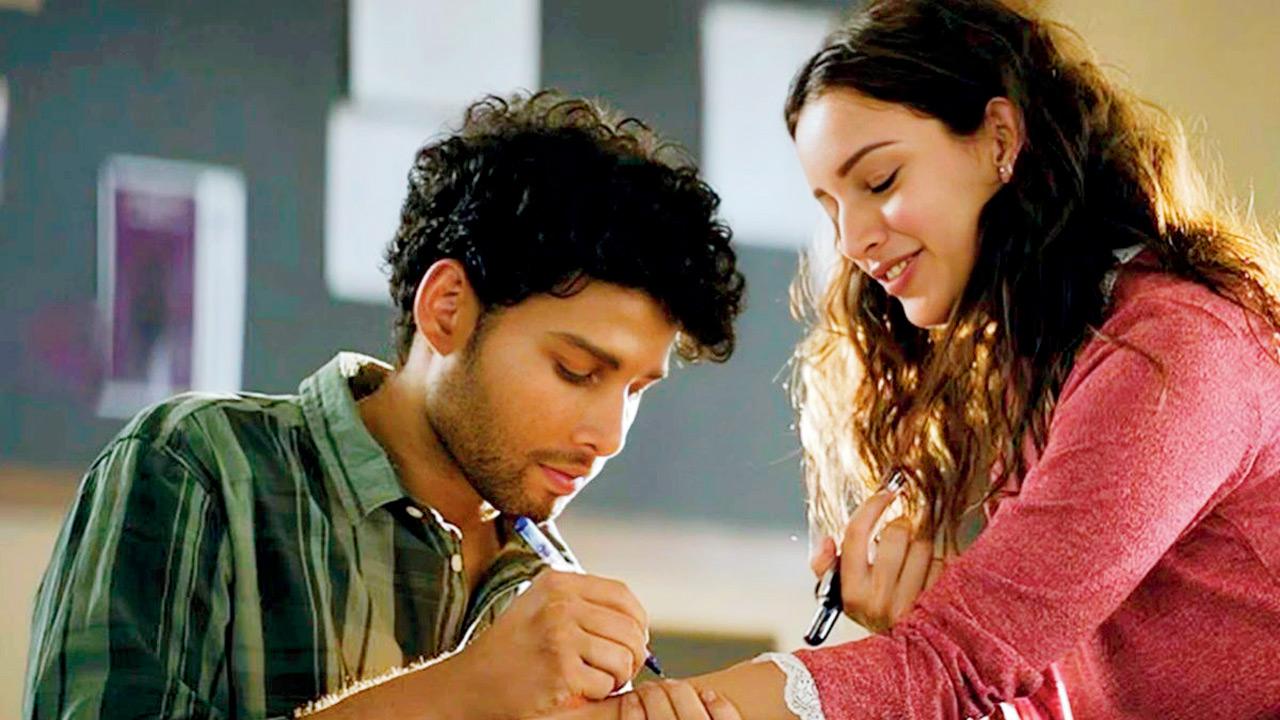
Shazia Iqbal’s Dhadak 2 may not have minted money at the box office, but it has done what few films before it did. The Siddhant Chaturvedi and Triptii Dimri-starrer is being praised for being that rare mainstream Bollywood movie that has unflinchingly examined caste discrimination. It has also, through one of the film’s important characters Shekhar, put the spotlight on late Rohith Vemula, whose death by suicide in 2016, showed the harsh reality of India’s caste discrimination.
Vemula, a Dalit student at the University of Hyderabad, was one of the five Dalit students protesting against their suspension — a result of allegations that they attacked a member of the Akhil Bharatiya Vidyarthi Parishad — from the fellowship and the university’s housing facility. Reportedly upset over the disciplinary action taken against them, he died by suicide in January 2016.
Rohith Vemula
Iqbal, who co-wrote Dhadak 2 with Rahul Badwelkar, acknowledges that the film borrowed from the incident. “Rohith’s story was present from the second draft itself. Both Rahul and I had been moved by what happened to Rohith. So, we were not distant from that incident. He has influenced our film. When we put the character [of Shekhar] in the film, we knew the kind of impact it would have. It was the most important story for us in the film,” she shares.
Another influence, of course, was the source material. Dhadak 2 is an official adaptation of filmmaker Mari Selvaraj’s Tamil drama Pariyerum Perumal (2018), which took on casteism. When Dharma Productions approached Iqbal over three years ago for the adaptation, she remembers being struck by a single thought. “As a person coming from another marginalised community, I loved how strong Mari’s voice was. But the most important thing I thought was, ‘Would I have myself in the film?’ When I saw that scope, I was interested in making it,” she recalls.
Shazia Iqbal
The director added two more elements to her Hindi adaptation. She wanted to lend the female character more agency, and shift the setting to a city. “The setting is rural in the original film. Our close friends told us that casteism doesn’t happen in cities anymore. So, we took this core theme and reimagined the film [in a city].”
Considering Bollywood has largely shied away from unapologetically addressing casteism on screen, the director knew she would have to fight audience skepticism. She would also have to battle the perception that Karan Johar’s production house values aesthetics over truth.
(L-R) Siddhant Chaturvedi and Triptii Dimri in ‘Dhadak 2’
When we mention that Dhadak 2 feels visually sanitised in comparison to Pariyerum Perumal, especially in the scenes involving the locality of Chaturvedi’s character Neelesh, Iqbal defends her decision, saying, “I am a follower of Dogme 95, where you go and shoot places as they are. I’m glad you gave the example of Neelesh’s basti because we shot in Bheem Nagar [in Bhopal], among the community. As a person from Mumbai who has mostly seen slums as one of the dirtiest places because they are not provided with enough municipal support to be clean, my understanding of slums was [biased]. But Bhim Nagar in Bhopal is as clean as it is shown. Except for adding two flags of Jai Bhim, we didn’t touch the lane. When the promo came out, a friend of a production hand said that the basti looked sanitised. It wouldn’t have been right if we had made it look dirty on screen because that would have been us forcing our gaze of how a basti is supposed to look.”
With ‘Dhadak 2’, Bollywood has got a new, confident voice in Shazia Iqbal. She made her debut with the feminist short film, ‘Bebaak’ (2019). She also directed a segment in the Prime Video anthology, ‘Love Storiyaan’ (2024).
What's Your Reaction?
 Like
0
Like
0
 Dislike
0
Dislike
0
 Love
0
Love
0
 Funny
0
Funny
0
 Angry
0
Angry
0
 Sad
0
Sad
0
 Wow
0
Wow
0
